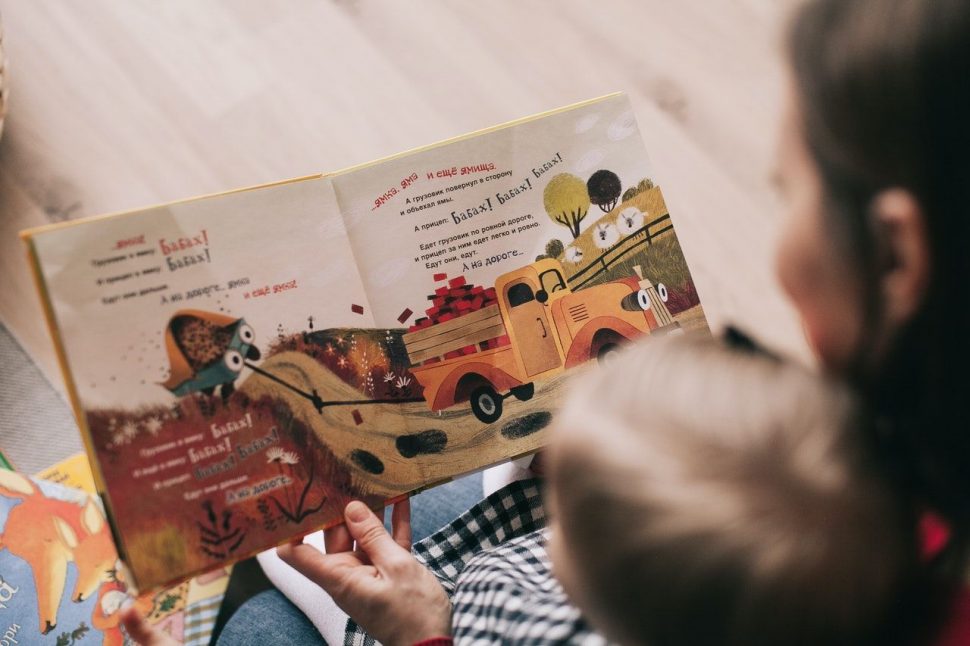
Books for the Young Reader
The Montessori angle on finding and offering books that will make your child fall in love with reading
Read more
The Montessori angle on finding and offering books that will make your child fall in love with reading
Read more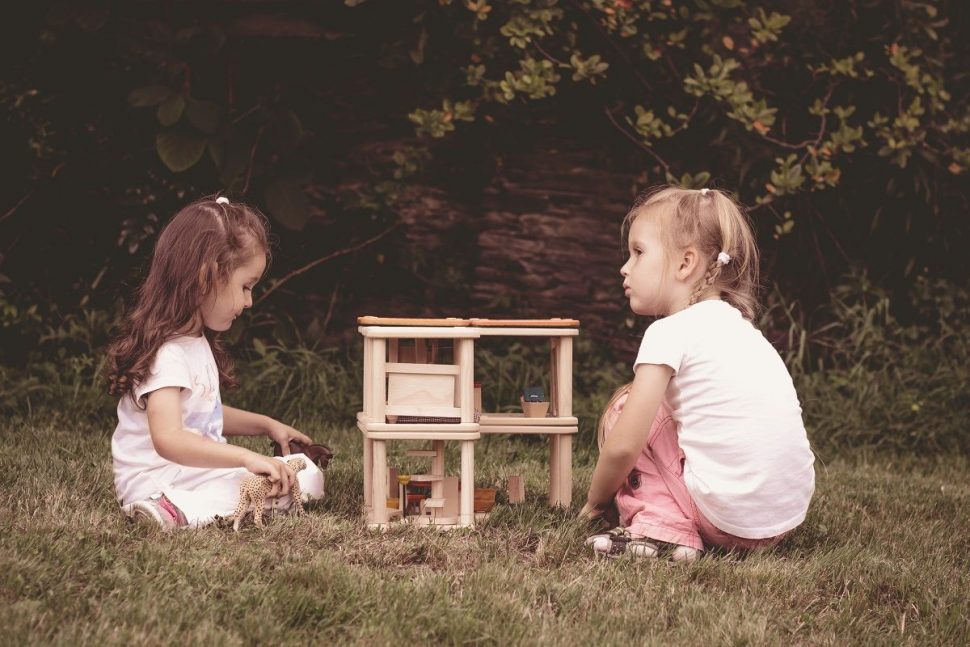
Let’s say you’re sold – you believe that Montessori is the right path for you and your family. What are the most common obstacles between parents and this choice?
Read more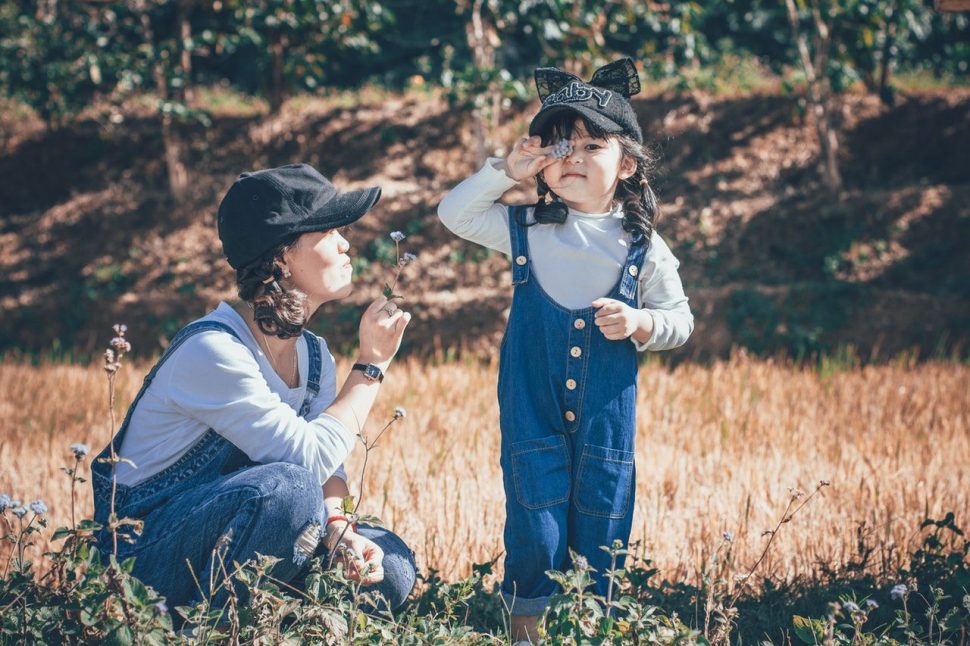
We’ve spoken extensively on the theory of parent-child communication – rightfully so, as it is one of the most essential parts of parenting. So here is the practice: concrete examples of the five most useful and important phrases in any parent’s vocabulary.
Read more
Montessori education first flourished more than a century ago. What is different now and then, and what are the most common obstacles Montessori parents run into?
Read more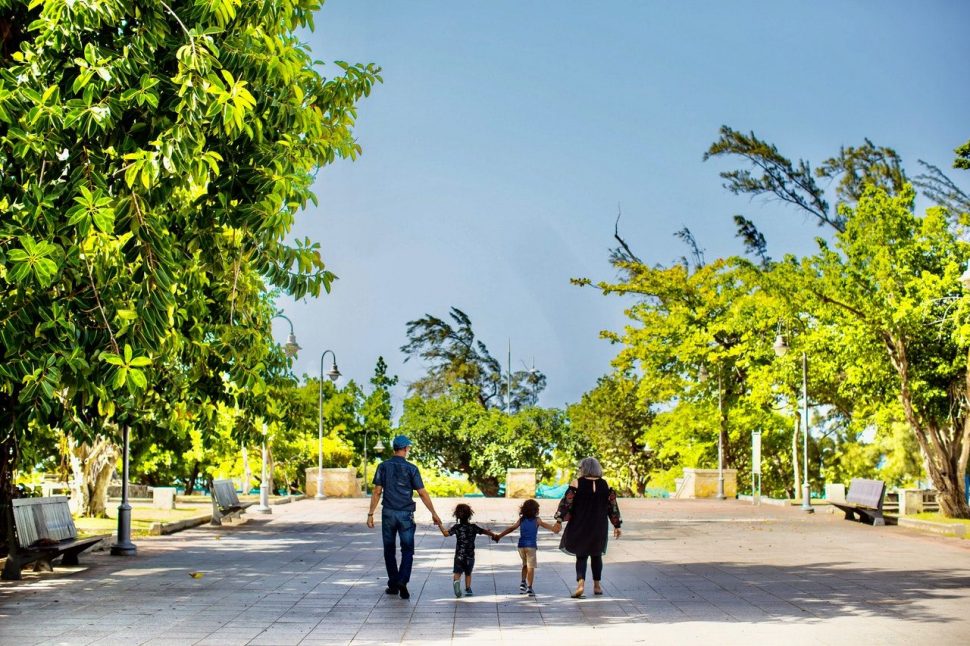
What does it mean to be a Montessori parent? Can it be balanced with busy lives, complicated schedules, limited budgets and varying resources?
Read more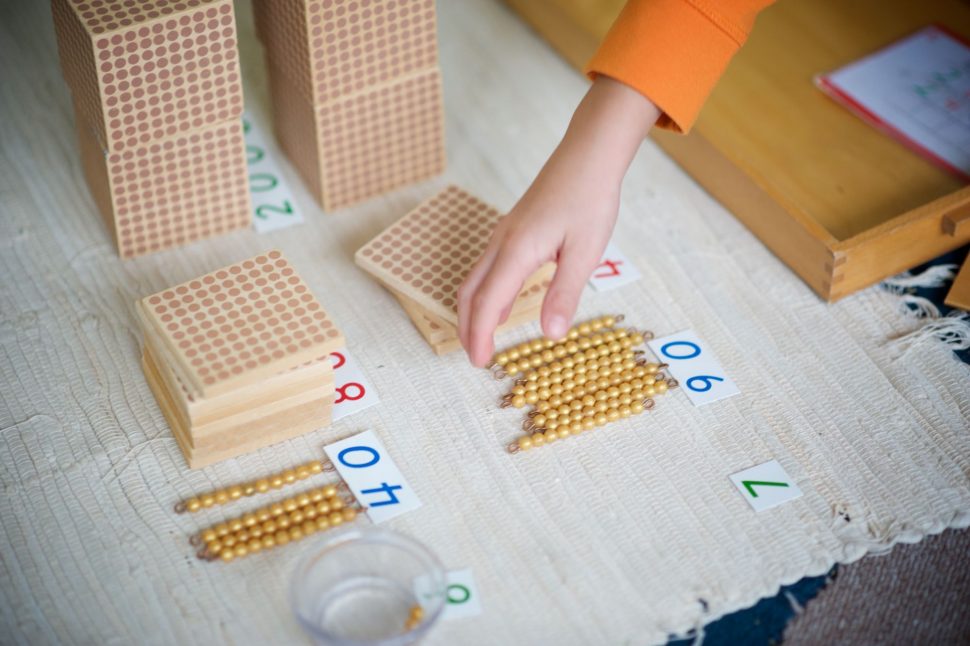
On the development of foundational mathematical skills and concepts, why the mainstream notion of math education fails most students, and what can we do about it as parents and educators.
Read more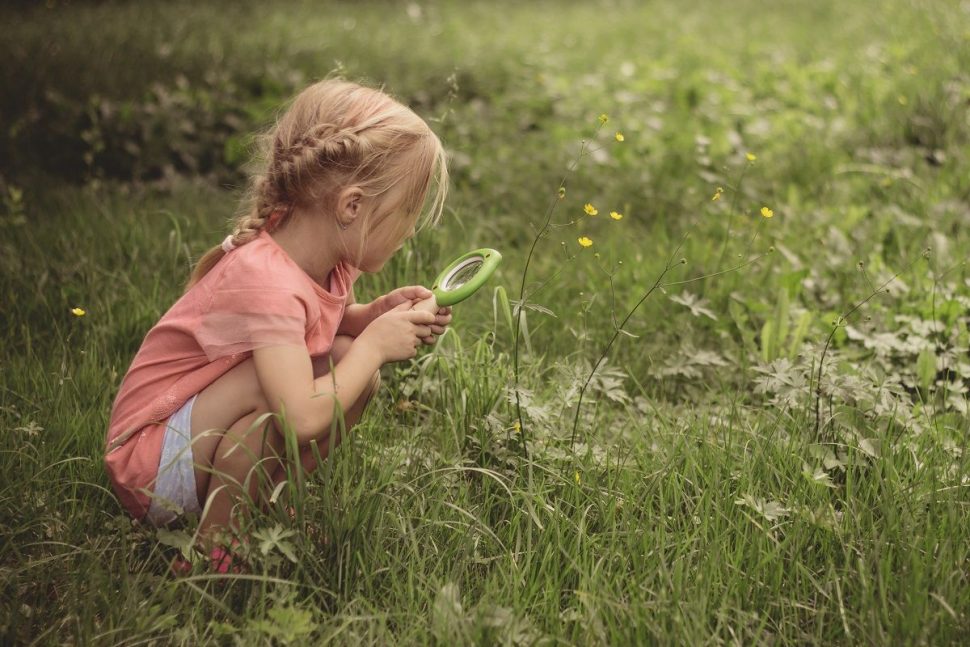
It is true that Montessori classrooms lack the traditional “pretend play” toys and equipment, like play kitchens and play tools, play castles or stuffed animals. This is not because we don’t value imaginative play – quite the opposite. But we prefer to give the children different tools and opportunities for it.
Read more
In this new year, help your child on their path to global citizenship.
Read more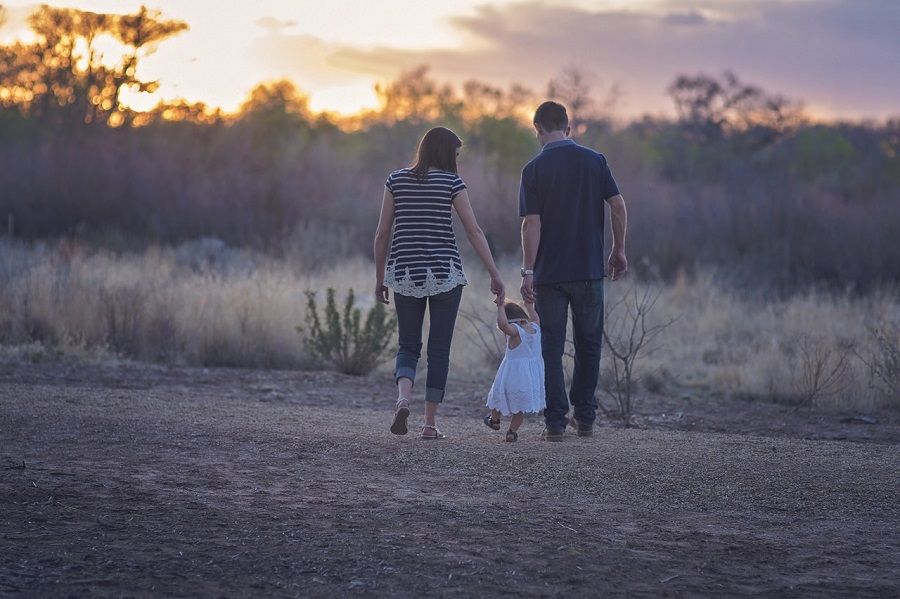
So much of what we discuss here on this blog – and in Montessori in general – focuses on the child: studying, understanding and responding to their needs. However, what of the other side of the conversation: the parents, and other adults in the child’s life?
Read more
In Montessori, we believe in each child’s innate goodness, their potential for peace and grace. How do we approach the small child who is anything but – the child who hits and hurts others?
Read more